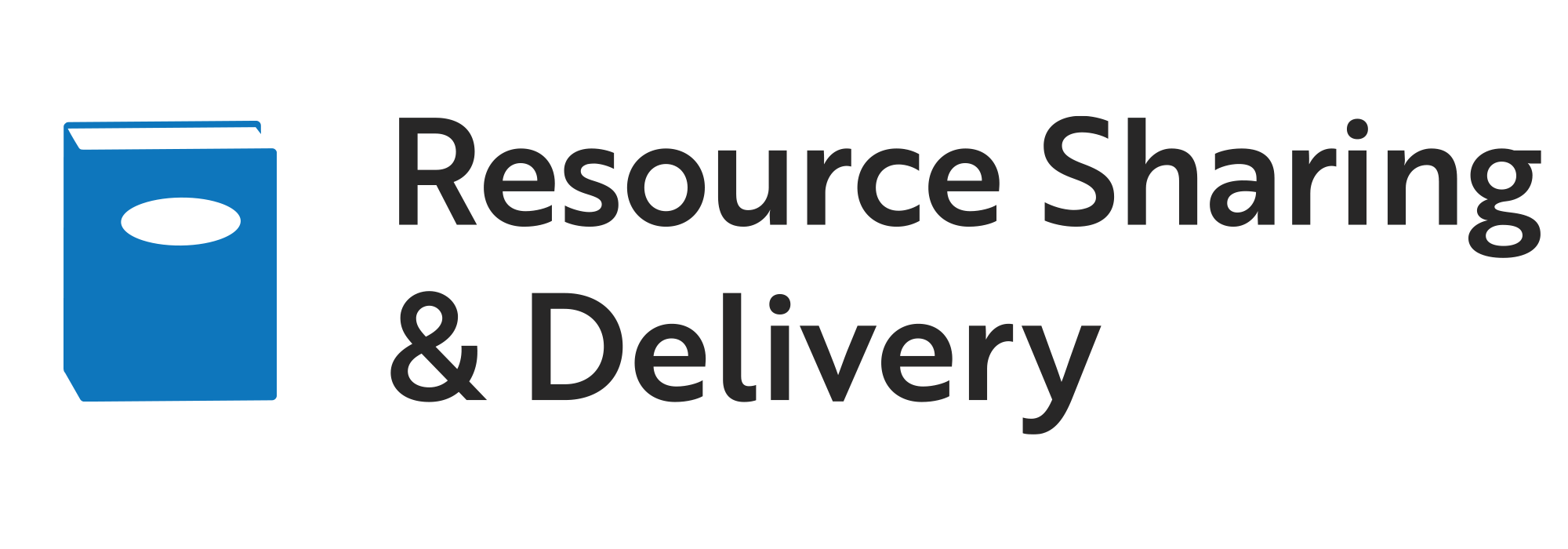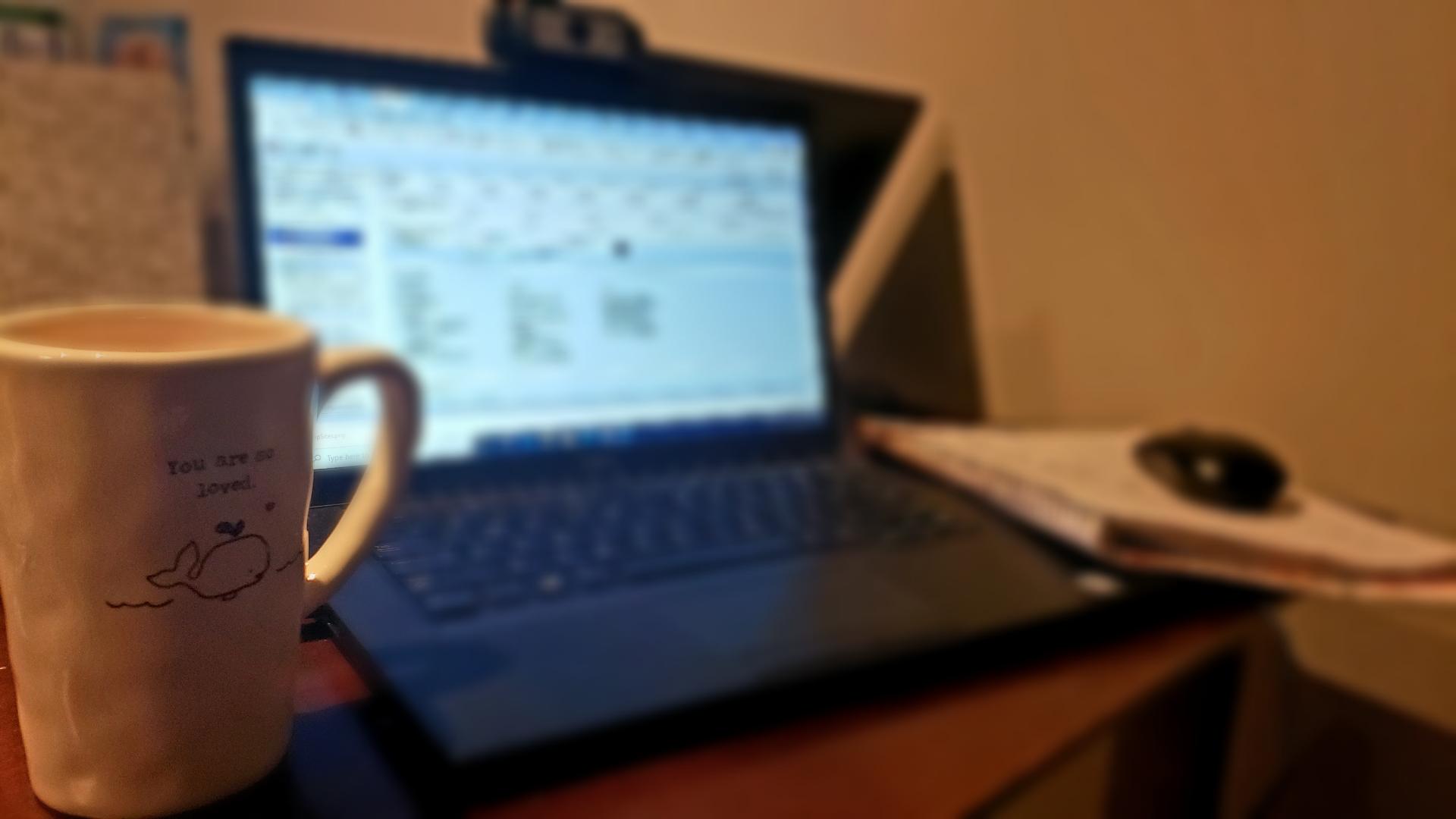Quick Summary
Jess Manner spotlights the guiding principles of the science of well-being and how to apply them while working at home.

This past week I participated in a professional devlopment course offered by Yale University dealing with the Science of Well-Being. The course, under the tutelage of professor Laurie Santos, guided participants through the misconceptions of happiness, what really makes us happy and how to implement those strategies to increase your overall baseline happiness. I thought I would share some of these strategies as food-for-thought in this current uncertain climate.
Savoring
In a typical five-day work week consisting of a physical commute and balancing the time crunch between work and home responsibilities, most of us tend to take the everyday miracles for granted. For me, the beautiful sunrise on my drive to campus is just a reminder of getting up early. The landscape and view of the Mississippi from across the bridge is easily ingored as one hustles along to their next meeting. The needs of our loved ones are seen as annoyances after a long day of work, instead of a sign of affection.
Santos urges students to savor the little things in life, to literally stop and smell the roses. I decided to put that into practice while working from home and purchased four cheap flower bouquets from the local Trader Joes and arranged them into sevel vases, setting them right in my line of sight from my work computer. Now, everytime I look up, I take a moment to savor.
This is the first in a series of articles related to the guiding principles of well-being spotlighted in the course.





